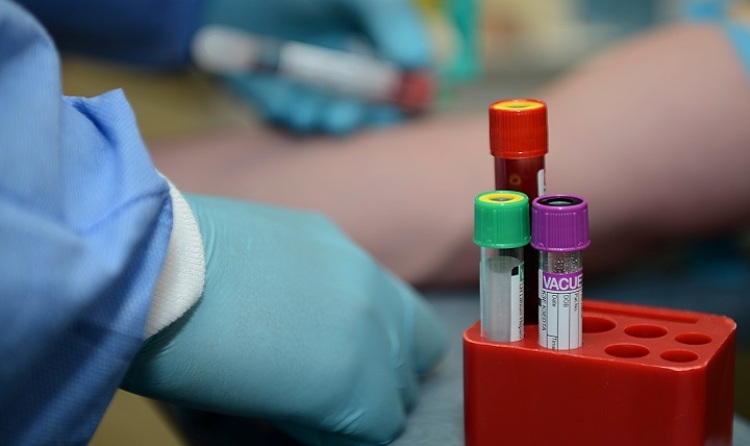Free Blood Tests Rolled Out in Te Anau and Wānaka to Boost Rural Healthcare Access
Under the new rollout, around 4,400 people in Te Anau and 19,350 in Wānaka will now be able to access free blood testing at their local general practices.

- Country:
- New Zealand
Thousands of South Island residents are set to benefit from a major boost in rural healthcare access, with free blood testing now available in Te Anau and Wānaka. The initiative, announced by Health Minister Simeon Brown and Associate Health Minister Matt Doocey, will cover nearly 24,000 people, addressing long-standing inequities between rural and urban communities in New Zealand.
Bringing Healthcare Closer to Home
Under the new rollout, around 4,400 people in Te Anau and 19,350 in Wānaka will now be able to access free blood testing at their local general practices. Previously, residents had to travel over an hour to reach the nearest collection centres or pay out-of-pocket fees at clinics not funded for the service.
"This change means thousands of rural New Zealanders can get essential medical testing done without facing financial or logistical barriers," Minister Brown said. "Together, Te Anau and Wānaka will deliver approximately 25,000 free blood tests every year, making healthcare more equitable and accessible."
The new service expansion forms part of the Government's broader commitment to improving primary healthcare infrastructure in rural areas — ensuring that diagnosis, monitoring, and preventive care are not dependent on where one lives.
Addressing Long-Standing Rural Health Inequities
Associate Minister Doocey highlighted that cost and distance have long discouraged rural residents from seeking timely medical care. "This initiative will lead to earlier and more accurate diagnoses for people who might otherwise delay testing due to travel time or expense," he said.
During his Rural Health Roadshow visits across the South Island, Doocey heard repeated calls from locals for a more accessible blood collection service. "When I visited Wānaka, residents consistently raised the issue of having to pay for basic tests. Health Action Wānaka also advocated strongly for change," he said.
"As I told the community at the time, no one should have to pay extra or travel long distances just because they live rurally. This rollout is a direct response to what we heard — and a clear example of policy shaped by community voices."
A Collaborative Effort Across Regions
The initiative was supported by Southland MP Joseph Mooney and Waitaki MP Miles Anderson, who have both championed better healthcare access for rural New Zealanders. Their advocacy was instrumental in pushing for equitable health funding models that include smaller communities outside major centres.
Minister Brown acknowledged their contribution, noting that "by listening to locals and removing barriers like cost and distance, we're ensuring that rural New Zealanders get the care they need, right in their own communities."
Improving Rural Health Infrastructure
The rollout aligns with the Government's ongoing efforts to modernize New Zealand's rural health infrastructure. Alongside improved testing services, future phases are expected to expand access to mobile diagnostic units, telehealth consultations, and community-based specialist outreach programmes.
The Ministry of Health has also signaled plans to review funding models for general practices in isolated regions to ensure sustainable service delivery and fair access to preventive care.
Health advocates have welcomed the move as a meaningful step toward addressing regional disparities that have persisted for years. "It's not just about free blood tests," said one community representative from Wānaka. "It's about ensuring that rural communities feel seen, supported, and included in the national healthcare system."
A Step Toward Health Equity
The introduction of free blood testing in Te Anau and Wānaka represents more than just expanded medical access — it's a move toward health equity for thousands of rural New Zealanders.
By removing cost barriers and cutting travel times, the government's initiative is expected to improve preventive health outcomes, reduce hospital admissions linked to delayed diagnoses, and enhance the overall quality of life for people in rural communities.
As Minister Doocey summarized, "This is healthcare the way it should be — accessible, fair, and community-driven."









